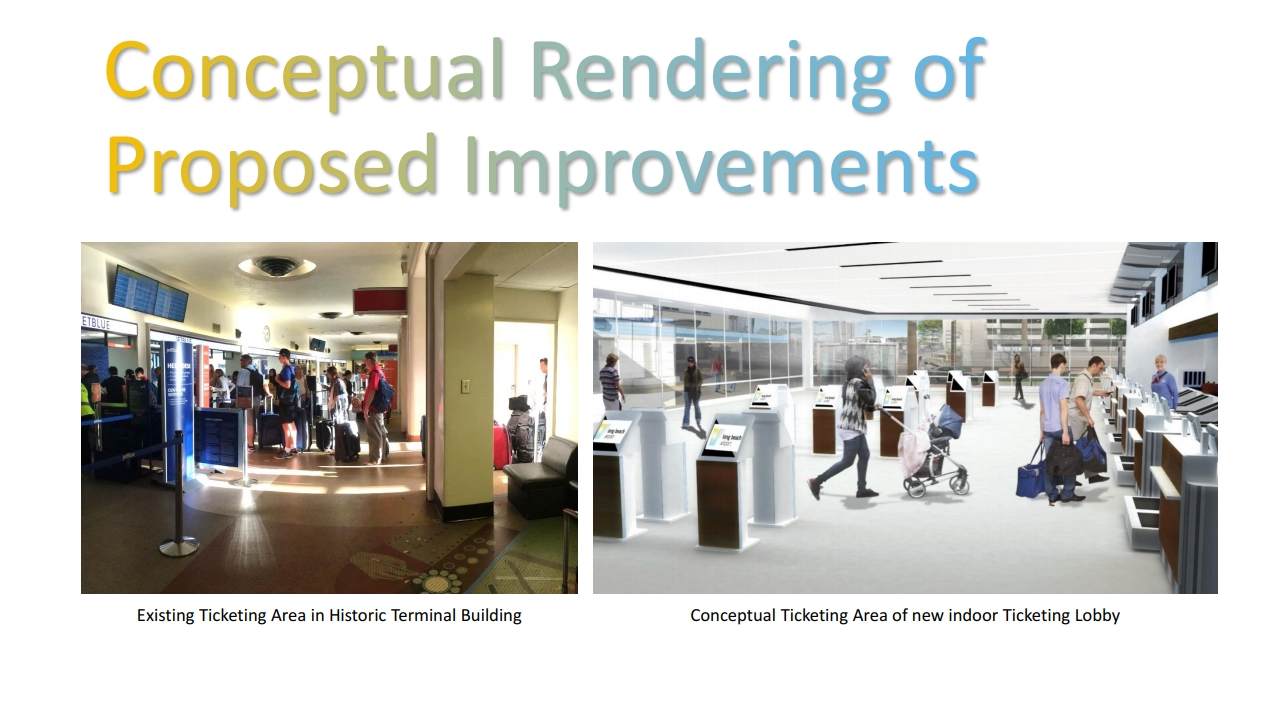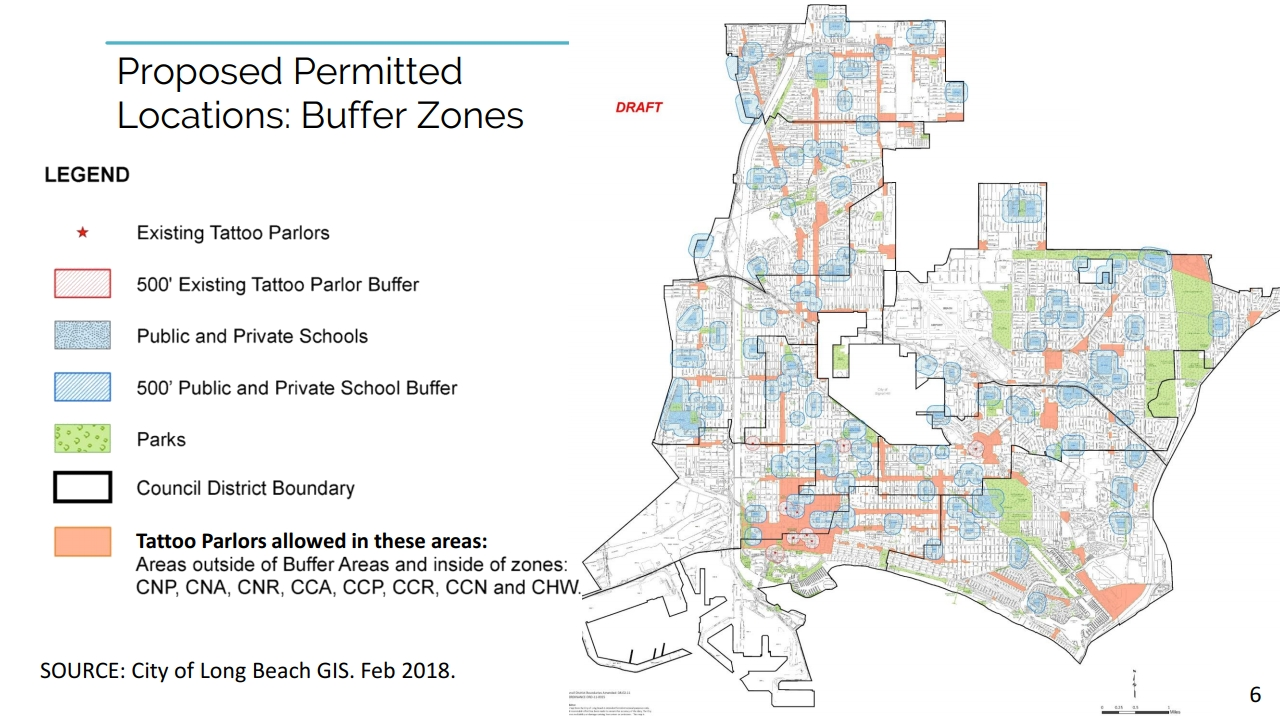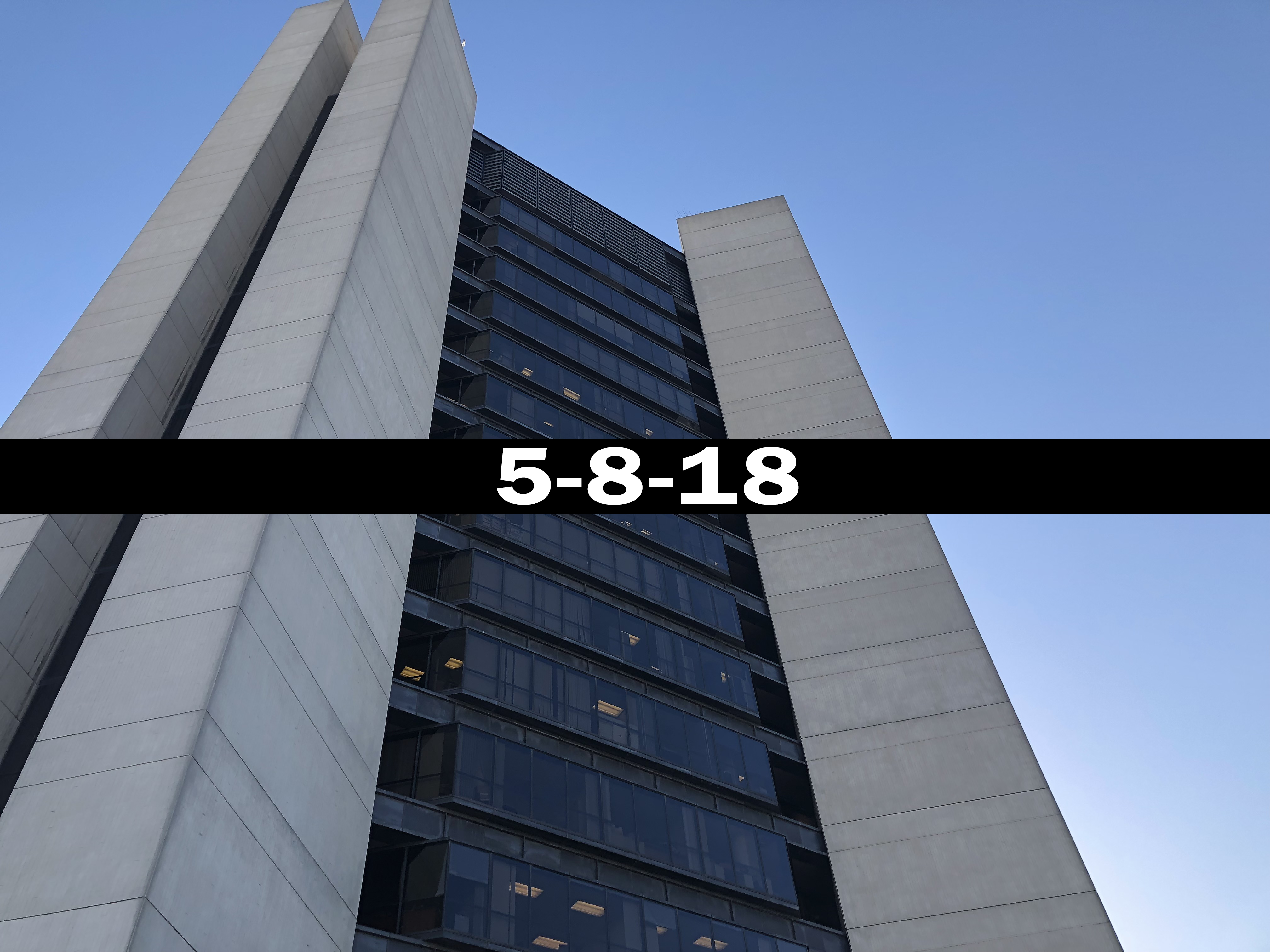Last Night @ City Council
3 minute readLGB Terminal Improvements
The Council unanimously voted to award a contract to Los Angeles-based Swinerton Builders to improve and beautify the Long Beach Airport’s historic terminal, namely the pre-security area. The plan also includes infrastructure improvements to bring the facility into compliance with California Building Code requirements.
The total cost of the project will be about $69 million, which will come from airport funds, passenger and car rental fees, and a Transportation Security Administration grant that has been provisionally granted to the airport.
Airport officials said no general funds would be necessary for the remodeling, and that the plug could be pulled at any point if the construction goes over budget.
All work is expected to be completed by 2021 and normal airport operations will not be affected while work is being done.

This will be the second phase of major updates the airport has undergone this decade. Work was completed in 2012 on a new passenger concourse with 11 airline passenger gates and a TSA passenger security screening checkpoint facility.
The improvements are part of Mayor Robert Garcia’s “8 for 28” initiative of infrastructure projects ahead of the 2028 Olympics.
Tattoo Parlor Ordinance
An ordinance that creates a non-discretionary review process for permitting Long Beach tattoo parlors and relaxes zoning laws mandating where they can be located was approved by the Council.
Now, prospective tattoo parlors will no longer have to apply for a costly conditional use permit and go through a public hearing in order to open up shop, but will instead only have to meet certain criteria to be permitted.
In 2010, the 9th U.S. Circuit Court of Appeals affirmed First Amendment protections for ink slinging . In light of this, the courts last year ruled that Long Beach zoning laws related to tattoo parlors were too strict.
Tomisin Oluwole
Coquette
Acrylic on canvas
18 x 24 inches
Click here to check out our interview with Tomisin Oluwole, a a literary and visual artist based in Long Beach.

Instead of gunking up our site with ads, we use this space to display and promote the work of local artists.
This ordinance will now allow shops to operate in eight of the twelve types of commercial zones citywide, as long as they are at least 500 feet from other tattoo parlors and 700 feet from schools.

During public comment at a hearing for the ordinance in March, Joe Kasher, owner of Ace of Hearts Tattoo, questioned whether the relaxation of restrictions would reduce the quality of tattooing in the city by allowing an influx of new shops.
There are currently nine licensed tattoo parlors in Long Beach.
JetBlue Curfew Violations Appeal Hearing Postponed
JetBlue was set to address the Council regarding its appeal of violations the airline company received for landing planes at LGB past 11 p.m. in 2017.
Jetblue has already gone before the Airport Administrator and the City Manager with the appeal, and both times the violations have been upheld. The Council is the last rung on the administrative ladder.
However, the hearing was postponed to a date to be determined at the request of JetBlue.
Follow @LBCMtgNotes on Twitter for live updates during every City Council meeting.
Please support local grassroots media by hitting the donate button at the top of the page.


 editors@forthe.org
editors@forthe.org




